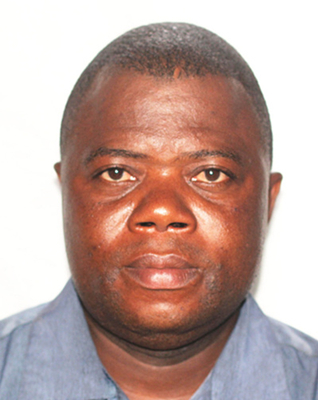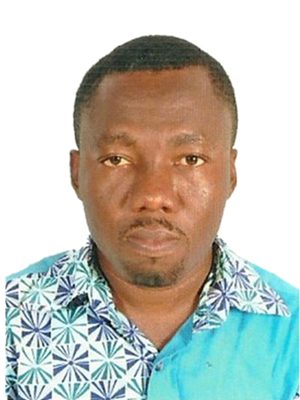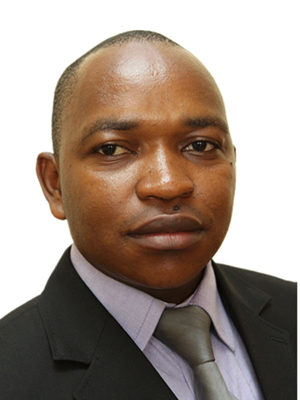Two sessions in African journalists' eyes
- By Zheng Yang
 0 Comment(s)
0 Comment(s) Print
Print E-mail Chinaafrica.cn, March 9, 2016
E-mail Chinaafrica.cn, March 9, 2016
When the annual plenary session of the National People's Congress (NPC), China's top legislature, opened in the Great Hall of the People in Beijing on March 5, observers noticed a remarkable phenomenon on the second floor, the area earmarked for the media. Earlier annual NPC sessions had also seen a fair share of foreign journalists but this year, African journalists have a sizeable presence.
In February, more than 20 journalists from the mainstream media in African countries were invited to China to participate in a 10-month professional training program organized by the China Public Diplomacy Association, a prominent Chinese NGO. Soon after they arrived, the visitors were offered the opportunity to attend the annual sessions of the NPC and the National Committee of the Chinese People's Political Consultative Conference, China's top political advisory body. The sessions are popularly known as the "two sessions."
 |
|
Fredrick Gaye, a Liberian journalist working with Profile Daily who covers political news |
Fredrick Gaye, a Liberian journalist working with Profile Daily who covers political news, told ChinAfrica the two sessions are an opportunity for him to closely observe Chinese political functioning. When Chinese Premier Li Keqiang delivered the Government Work Report on March 5, setting out the government's goals for the current year as well as up to 2020, what impressed Gaye most was the determination shown by the Chinese leadership.
Gaye said while the 13th Five-Year Plan (2016-20) has formulated in-depth strategies, they would remain illusions unless the political leadership showed determination to carry them out. The work report, he said, showed the Chinese Government's determination to solve problems, something that African leaders should learn from.
"With China opening up to the world, other countries should also be more open toward China to promote mutual learning. It is helpful for countries to understand their own problems and solve them," the Liberian journalist remarked.
 |
|
Caroline Mwangi, an editor working with K24 TV in Kenya |
Caroline Mwangi, an editor working with K24 TV in Kenya, told ChinAfrica that though China is one of the largest economies in the world, unlike other countries, it has never shown complacence about the results it has achieved. "The more achievements China has got, the more efforts it will make to progress," she said.
Mwangi said China's air pollution issue has caught her attention. In her reportage, she will focus on the measures the Chinese Government is taking to solve this problem. She has noted that the 13th Five-Year Plan has a long-term strategy to beat smog by 2030.
"[The year] 2030 is not far away, and this is a big challenge [for China]. I really want to see what kind of proposals NPC delegates raise to realize the goal," she said. "The key is to make a reasonable policy and persist [with it]. I believe the problem will be solved step by step."
 |
|
David Yarboi-Tetteh, a Ghanaian journalist working with Ghanaian Times |
The African journalists have been giving considerable attention tothe areas of cooperation between China and Africa. David Yarboi-Tetteh, a Ghanaian journalist working with Ghanaian Times , is happy that the Government Work Report mentions improving the quality of products made in China. Africa is one of the major export destinations for Chinese goods and their quality will directly influence China-Africa trade and the bilateral relationship.
 |
|
Godlove Bainkong, a Cameroonian journalist |
Agricultural problems are the major concern of Godlove Bainkong, a Cameroonian journalist, as agriculture is the base of the African economy. Bainkong said Cameroon's agricultural mode was still limited to the "from farms to tables" mode, which was only self-supporting and self-sufficient. But China, another agro-based economy, had realized agro-industrialization. Bainkong hopes to discover the secret of China's agricultural success in the two sessions.
He feels Cameroon should learn from China's industrialization. He hopes to learn about the challenges China faced in the process of its industrialization and how it coped with them, knowledge which would be instructive for his country.






Go to Forum >>0 Comment(s)